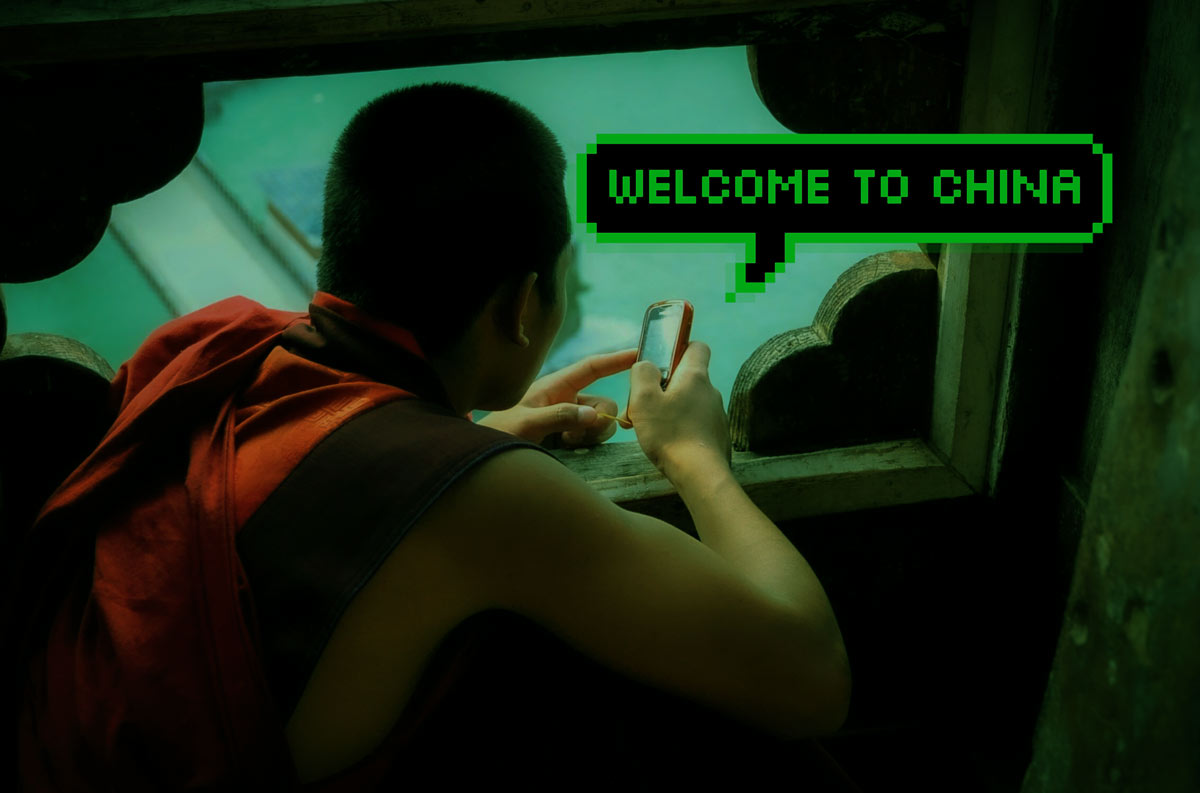Navigating the Digital Sphere Amidst Transnational Repression
The integration of technological products and services into daily life has revolutionized modern society, enhancing productivity and connectivity on a global scale. However, alongside these benefits come profound challenges, particularly in the realm of digital security. The internet has evolved into a battleground for information warfare and cyber espionage, fuelled by global economic competition and national security concerns. Authoritarian regimes like the Chinese Communist Party (CCP) have capitalized on this landscape, deploying sophisticated surveillance and censorship measures to control the flow of information both within and beyond their borders. This has given rise to a pervasive campaign of transnational repression, wherein governments extend their reach across borders to silence dissent and suppress minority voices.
Transnational repression targets a wide array of individuals, including ethnic and religious minorities, political dissidents, human rights activists, journalists, and former insiders accused of subversive activities. The CCP, in particular, has intensified its efforts under Xi Jinping’s leadership, enacting stringent laws and policies to quash perceived threats, such as the National Security Law and Cybersecurity Law.
Transnational repression against Tibetans is not new. However, under Xi Jinping’s presidency, aggressive new laws such as Hong Kong’s National Security Law, the National Intelligence Law, the Cybersecurity Law, and the Data Security Law have amplified the CCP’s legislative efforts against alleged “terrorism, infiltration, and separatism” both inside China and beyond. These new criminal and technology laws, compounded with ever-changing policies, leave little room for oppressed minorities to justify their innocence or receive fair legal trials. Families and relatives of minorities residing outside China are severely punished by all legal means for any disobedience to the regime’s agendas, including livelihood disruption, unlawful deportation, wrongful imprisonment, and sustained targeted surveillance and espionage. It is crucial for potential victims of the CCP’s transnational repression to stay vigilant regarding changes in laws and policies within the CCP’s jurisdiction. Victims are subjected to digital threats, intimidation tactics against their family members who are still within CCP jurisdictions, blackmail, and coercion to return. Enormous pressures are exerted on victims to cease their current political activities, reveal their networks, and provide other relevant information.
Dhonden, a Tibetan in Switzerland, shared a harrowing experience with researchers at the Tibetan Centre for Human Rights and Democracy (TCHRD). In 2021, he received a video call from a sibling in Tibet, who was surrounded by police at the local station. Officers warned Dhonden to avoid activities against Chinese policies, threatening consequences for his relatives if he disobeyed. TCHRD collected testimony from 84 exiled Tibetans across 10 countries, revealing threats to 49 individuals’ relatives in Tibet. Some exiles were lured into collaboration with the CCP through job offers or compensation, while others fear surveillance and self-censorship in their advocacy efforts. The CCP’s relentless repression aims to erase Tibetan identity and suppress dissent, driving some to anonymity or self-censorship to protect themselves and their families.
The CCP’s transnational repression is compounded by a series of targeted cyber attacks and espionage, stretching over two decades against key prominent figures and civil society organizations (CSOs) within the Tibetan diaspora community. From a cybersecurity perspective, individuals should exercise great caution in the digital sphere to prevent and mitigate potential surveillance, censorship, and other targeted cyber attacks. To maintain privacy and security on our devices in the face of intense censorship and surveillance, here are some important best practices:
1. Don’t Wait, Update: Regularly update your device software/OS to the latest version. This protects against outdated spywares and malwares that may be installed forcefully or accidentally.
2. Keep Your Devices Secure: Use strong passwords, enable two-factor authentication (2FA), and install anti-malware software to protect your devices from unauthorized access.
3. Choose Secure Communication Platforms: Use secure messaging applications like Signal or WhatsApp when exchanging sensitive information to ensure your communications are encrypted and protected.
4. Don’t Put Personal Information on Social Media: Avoid sharing personal information on social media platforms, as this can be used for surveillance and intimidation by authoritarian regimes.
5. Use Circumvention Tools such as VPNs or Tor: Hide your personal identity and reduce traceability by using reliable and trustworthy VPNs or Tor. These tools help protect your communications from being monitored by authorities.
6. Be Cautious with Emails and Links: Avoid clicking on suspicious links or downloading attachments from unknown sources to prevent phishing attacks.
For more information on how you can best protect yourselves and your networks, visit TibCERT Knowledge Base. Should you find yourself targeted by transnational repression, don’t hesitate to reach out to our Helpdesk for assistance. We’re here to provide the necessary resources, support, and training to navigate these challenges effectively.


